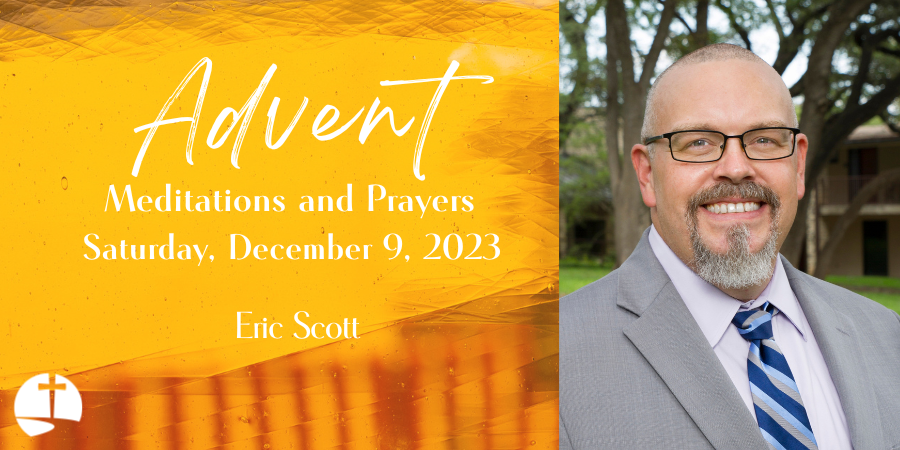Psalm 20, 21:1-7(8-14) • 110:1-5(6-7), 116, 117
Amos 5:18-27 ❖ Jude 1:17-25 ❖ Matt. 22:15-22
I must be honest: the readings on this day are difficult for me. Here we are, the final day of the first week of Advent, and we have Jude talking about division, Amos with words of warning for non-believers, and Matthew with perhaps one of the most divisively interpreted passages of the Gospel: paying the imperial tax to Caesar. These are difficult passages to meditate on as we await the coming of Christ.
A greater theologian could likely form a poetic connection from these themes of commerce and loyalty to the materialism by which our modern Christmas has been consumed. When I sought counsel from my favorite theologian, her advice was predictably simple and wise: ‘Look to the Psalms.’
So I did. But as I read them, my unease continued. In Psalm 20 we lift banners. In Psalm 110, we “rule in the midst of enemies!” Where is the calming tranquility I desire when contemplating the birth of Christ? But then, it appears. Psalm 116, after listing so many things the Lord has provided, says: “What shall I return to the Lord for all his goodness to me?”
Our grateful response for all we have received is to ask what we can give back. These are the words that make the world a better place. These are the words that make me a better person. But also: walking the intentional path from the scripture that challenges me to scripture that speaks to me is the journey at the root of my faith.
The lesson? Do not put aside what is challenging to receive. Contemplate it still, but seek counsel, and then dig deeper to find what you seek.
Merciful God, give us wisdom as we receive these your gifts, so that we may return them many times over again.
Debo ser honesto: las lecturas de este día son difíciles para mí. Aquí estamos, el último día de la primera semana de Adviento, y tenemos a Judas hablando de la división, a Amós con palabras de advertencia para los no creyentes y a Mateo con quizás uno de los pasajes del Evangelio interpretados de manera más divisiva: pagar el precio imperial. impuesto al César. Estos son pasajes difíciles de meditar mientras esperamos la venida de Cristo.
Un teólogo más grande probablemente podría establecer una conexión poética a partir de estos temas de comercio y lealtad al materialismo que ha consumido nuestra Navidad moderna. Cuando busqué el consejo de mi teóloga favorita, su consejo fue, como era de esperar, simple y sabio: “Mira los Salmos”.
Así que lo hice, pero mientras los leía, mi inquietud continuó. En el Salmo 20 levantamos estandartes. En el Salmo 110, “¡gobernamos en medio de enemigos!” ¿Dónde está la tranquilidad que deseo al contemplar el nacimiento de Cristo?
Pero luego aparece. El Salmo 116, después de enumerar tantas cosas que el Señor ha provisto, dice: “¿Qué devolveré al Señor por todo su bien para conmigo?”
Nuestra respuesta agradecida por todo lo que hemos recibido es preguntar qué podemos devolver. Éstas son las palabras que hacen del mundo un lugar mejor. Éstas son las palabras que me hacen una mejor persona. Pero también: recorrer el camino intencional desde la Escritura que me desafía hasta la Escritura que me habla es el viaje a la raíz de mi fé.
¿La lección? No dejéis de lado lo que es difícil de recibir. Contémplalo aún, pero busca consejo y luego profundiza más para encontrar lo que buscas.
Dios misericordioso, danos sabiduría al recibir estos regalos tuyos, para que podamos devolvértelos muchas veces.
Listen to Eric read his Advent meditation and prayer in English:
Escuche a Eric leer su meditación y oración de Adviento en inglés:



